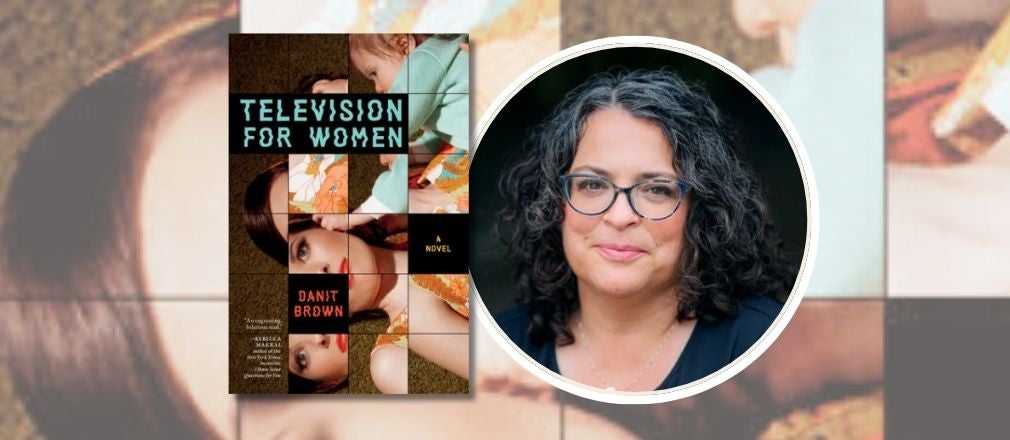Dear Librarians,
I didn’t grow up visiting libraries. They simply weren’t part of my family’s routine. So when I finally wandered into one as an adult, it was out of necessity—I was seeking a quiet place to write. There, the low hum of conversation and—in the case of my local Ann Arbor branch—the plinking of a kinetic sculpture launching balls in an endless loop turned out to be just what I needed to concentrate.
Then I began paying attention not only to the shelves of books but also the rotating displays, the author events, and the bulging “book-club-to-go” tote bags. I realized at an embarrassingly advanced age what most people already knew: libraries aren’t just about the books on their shelves––they’re about the readers they nurture, the communities they bring together and help, and the conversations they foster.
There’s a special gratitude that comes from discovering this magic as an adult, which is why sharing my debut novel with you feels like a true privilege.
Television for Women began with nagging curiosity. Early in my teaching career, a colleague was dismissed for faking his Ph.D. While everyone else focused on the scandal, I couldn’t stop wondering about my colleague’s wife, who had recently given birth to their first child. They’d met around the time he’d received tenure, so how much did she know? How did his lies affect her? Did she feel betrayed, trapped, both?
Simultaneously, I was navigating my own rocky transitions into marriage and motherhood—realizing these experiences rarely unfold as neatly as depicted on television. “Why hadn’t anyone warned me?” I wondered. “Am I the only one who doesn’t know what I’m doing?”
Television for Women is about one woman’s search for the person she used to be as she navigates not just her husband’s big lie, but the profound upheaval of childbirth and the way it unravels relationships, expectations, and sense of self. It was my way of exploring what happens when the fragile stories we tell ourselves about our life—stories like “Of course I want a baby” and “I’m happily married”—fall apart, and how we find ourselves anew in the aftermath.
Thank you for being the connectors between stories and readers. I hope that you enjoy Television for Women and that it earns a spot on your shelves!
With gratitude,
Danit Brown






